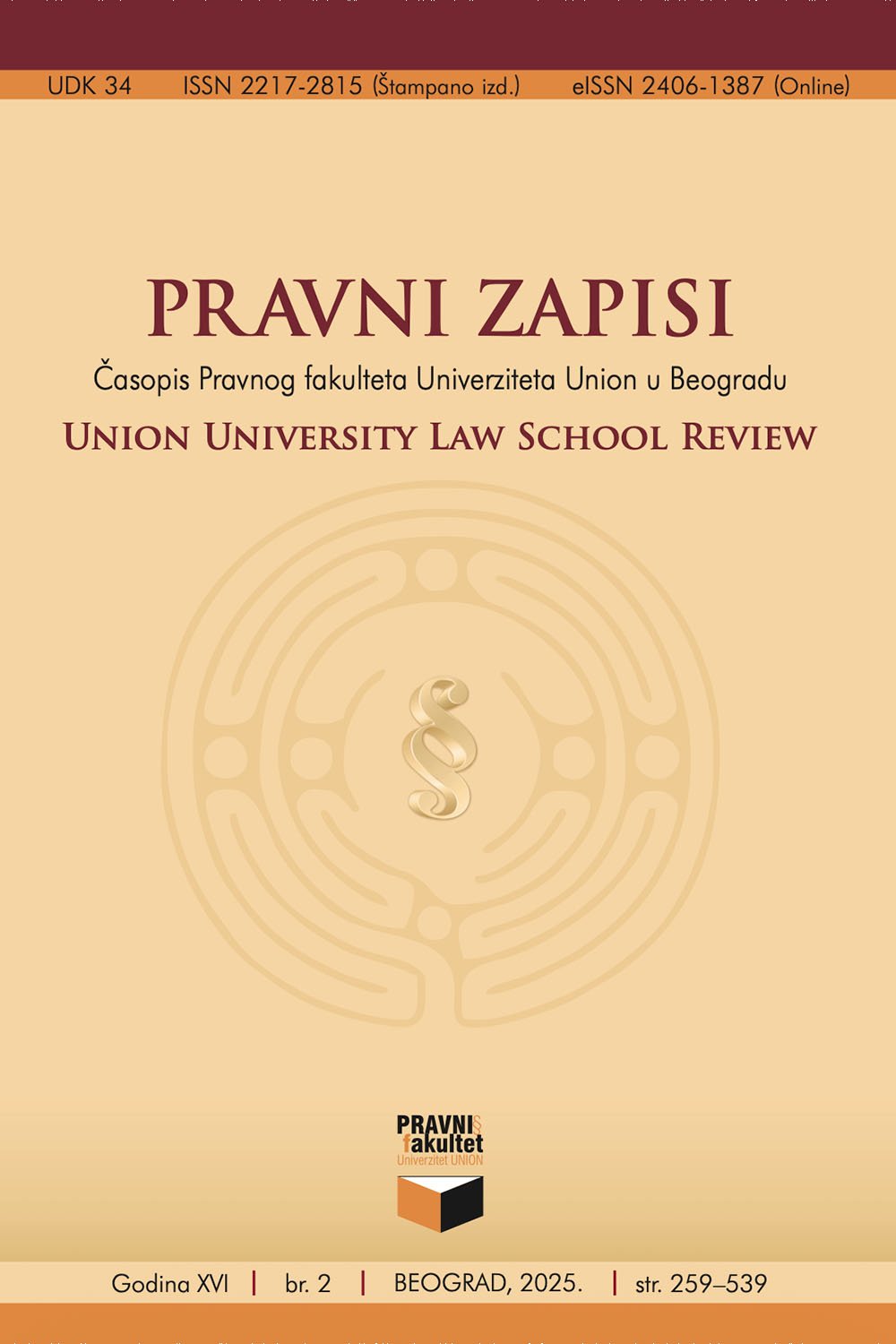PRAVNI ZAPISI • Year VIII • No. 1 • pp. 20-33
CONCERNING THE ACTS OF BEQUEATHING IN SERBIAN MEDIEVAL LAW

Tamara Matović, Ph.D
Research Associate, The Institute for Byzantine Studies, SASA, Belgrade
e-mail: tamara.matovic@vi.sanu.ac.rs
.
Pravni zapisi, No. 1/2017, pp. 20-33
Original Scientific Article
KEY WORDS
Medieval Serbia, will, bequest, legacy, Byzantine law, Roman law, Slavic laws
ABSTRACT
In this article we aimed to present the idea of bequeathing in the old Serbian law. Serbs, just as the other Slavic tribes, had a particular way of life, and customs that included the phenomenon of zadruga, extended family which was formed by several families who shared property. In that reality, it was not possible to divide estate, nor to dispose it individually. Therefore, writing a will or establishing some likewise division by the words of last will orally, probably was something that was not done, or at least was limited only to chattel. However, researching on the oldest mentions of Serbs, one can notice that its medieval rulers, and sometimes noblemen, had the right to determine their successors and to bequeath to them a certain part of their estate. That was usually done by a father – a king, to his sons. That is the model that is present in the history of early medieval era in various Slavic tribes. On the other side, will as a private legal deed is for the first time mentioned in the legal code of XIII century, Zakonopravilo of Saint Sabba, following the Byzantine legal provisions. Wills must have been used if not earlier than the XIII century, then certainly in this time, around the second decade of the XIII century. Nevertheless, nature of the Serbian Medieval wills (or the other acts of bequeathing, such as gifts ad pias causas) might be a subject of deeper analysis where they could be compared to the other medieval Slavic wills, originated from the scope of medieval Croatia, Russia, Great Moravia, Bohemia, and Poland. We tried to list the oldest known Serbian wills and make some remarks in relation to their common characteristics.

